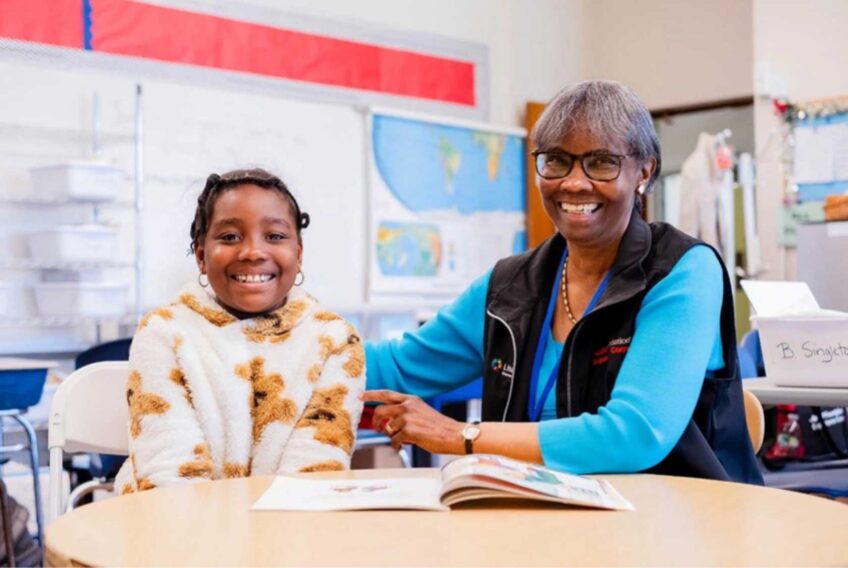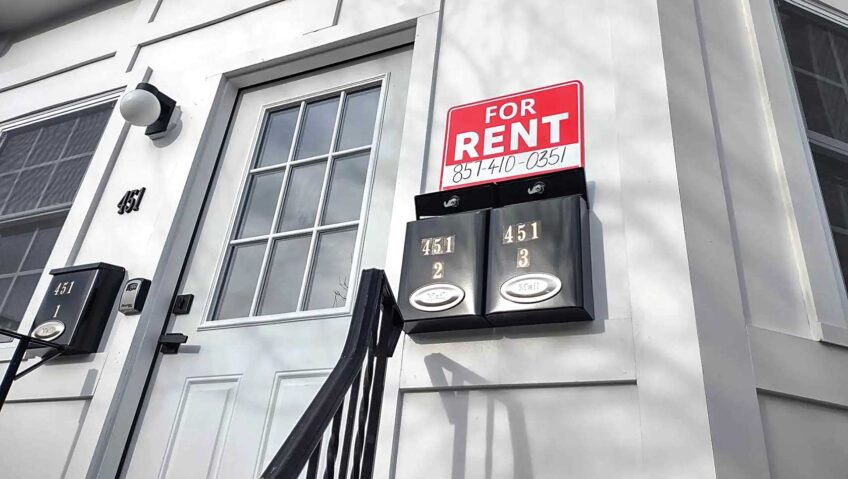City Council turns focus to scams targeting elderly
Propose hearing to gather input across city departments

The Boston City Council is set to turn its attention to scams targeting the elderly in an effort to raise awareness about the instances of fraud.
At the Nov. 13 City Council meeting, District 2 Councilor Ed Flynn proposed a hearing focused on the topic.
“Our seniors have the right to age in place and feel safe in their homes and communities without this terrible injustice,” said Flynn. “It’s critical we raise awareness and help our seniors recognize that this is a fraud.”
Elder scams often target older community members and look to trick them out of money by offering high quotes on home repairs or pretending to be trusted figures like a government employee, tech support representative or family member or loved one.
“There are scams that are happening all of the time, and older adults are particularly susceptible to those scams, and often targeted for those scams,” said Emily Shea, commissioner of the Boston Age Strong Commission.
According to the FBI, scammers target millions of elder Americans per year, with more than $3 billion in losses annually. Those numbers rose by 11% in 2023, with $63.6 million of losses in Massachusetts
At the meeting, city councilors said their offices hear about instances of elder scamming and fraud all the time. District 9 Councilor Liz Breadon said she’s heard about scams where one resident received an offer for roof repairs for twice the price that a trusted roofer offered to do them for.
Another resident hired a plumber to fix a leaky pipe. In the process, that scammer charged hefty prices and replaced valuable copper piping with plastic.
“When unscrupulous individuals choose to prey on our elders, these are the sort of incidents that people have to deal with,” Breadon said.
City councilors highlighted the proposed hearing as an opportunity to bring together municipal resources to increase awareness about the scams across city departments.
“I always say that Boston is resource rich but coordination poor. This is an opportunity that I believe gives us a pathway to figure out how all offices can really help support keeping our elders safe from scammers,” said at-large Councilor Julia Mejia.
Shea said the Age Strong Commission is always ready to collaborate with other parts of the city government, as well as with outside organizations like AARP and its Fraud Watch Network and the Massachusetts Attorney General’s Office which, in August 2023 under Attorney General Andrea Campbell, launched an Elder Justice Unit.
“Some of it depends on what the scam is and what kind of organization we will work with around that, but I think any opportunities to work across city departments, especially where people are getting the word out to the community about different things, and to raise awareness around scams, is a good opportunity,” Shea said.
More expertise
At the City Council meeting, councilors suggested bringing in expertise from Age Strong, as well as from the Boston Police Department, the Boston Public Health Commission and the Office of Immigrant Advancement. Those with limited English proficiency may also targeted, especially with scams focused around steps in the immigration process.
“This should be an opportunity for every city agency to really be engaged in how we can support our elders,” Mejia said.
A push around awareness and trying to stop scams before they happen is key to addressing the issue, Shea said.
“It is really hard to get people’s money back once they’ve been scammed,” Shea said. “The best thing to be able to do is to raise awareness about scams before they happen and have people recognize a scam — whether it’s coming through on their email, or whether it’s coming through on the phone, or whether it’s someone knocking at their door — before it happens and to put a stop to it then.”
The Age Strong Commission includes different information related to scams in each of the 10 editions it produces each year of its Boston Seniority Magazine. Last month, the commission, with the BPD and the Asian American Civic Association hosted a panel with speakers from the IRS, BPD, Citizens Bank and Adult Protective Services Program to raise awareness about the issue in Chinatown.
Shea highlighted a handful of pieces of advice that the Age Strong Commission tends to give around scams, like an elder should know who they’re talking to on the phone, and if they are worried that they’re being scammed to hang up and call back at a trusted number.
“For example, if somebody is calling saying they’re from your bank, you can hang up the phone and then you can actually call a number that you know is your bank and ask them if they were calling you,” she said.
If a community member thinks they have been scammed, she said it’s important to report the scam to BPD and that resources like friends and family or the Age Strong Commission can help someone find the right resources to get support.
At the Council meeting, at-large City Councilor Erin Murphy said that she’s heard from individuals who, after discovering they’ve been scammed, don’t tell anyone out of embarrassment.
But Shea said that if someone falls victim to fraud, they shouldn’t be ashamed and keep it quiet.
“No one should feel embarrassed. Scammers are really tricky, and they practice being tricky and change their methods all the time. No one should feel bad if they’re caught in a scam, but they should reach out for help.”
At its heart, Shea’s advice revolved around trusting one’s instincts.
“If it feels too good to be true, it probably is,” Shea said.






